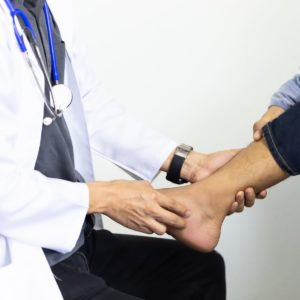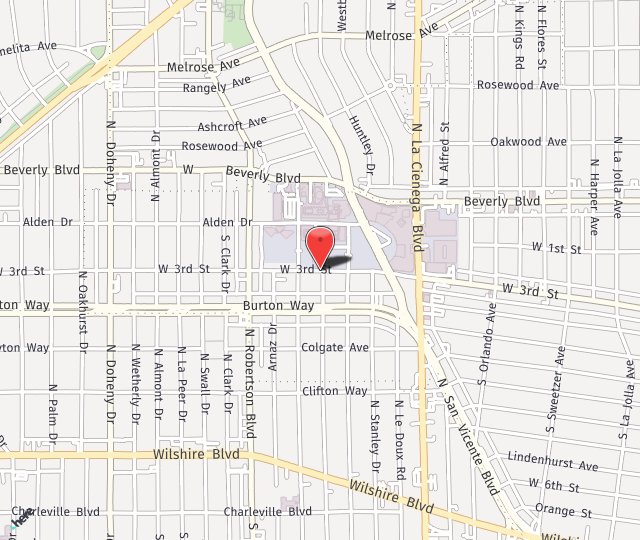That Tingling in Your Feet
- Posted on: Sep 15 2020
 We’ve all had a foot or hand fall asleep. Maybe we were sleeping at a bad angle and awoke with an arm that was limp or tingling. Crossed legs when sitting could have left a foot with the same feeling. The abnormal pressure pushes on nerves and compresses the blood vessels that support them. The nerves react to their distress by sending signals that cause an unpleasant, even painful, tingling sensation.
We’ve all had a foot or hand fall asleep. Maybe we were sleeping at a bad angle and awoke with an arm that was limp or tingling. Crossed legs when sitting could have left a foot with the same feeling. The abnormal pressure pushes on nerves and compresses the blood vessels that support them. The nerves react to their distress by sending signals that cause an unpleasant, even painful, tingling sensation.
To remedy the situation, we move the arm or leg to a different position. The pins-and-needles sensations go away as the blood vessels open up and the pressure is taken off the nerve.
What’s happening is basically a miniature example of what can happen to your nerves due to health problems such as diabetes. Peripheral neuropathy. Unlike short-term hands or feet “falling asleep,” with peripheral neuropathy the symptoms aren’t a response to a fleeting lack of blood supply and pressure; they are due to injury or irritation of the nerves.
Dr. Seruya helps patients with peripheral neuropathy at his Los Angeles practice.
What causes peripheral neuropathy?
There are many causes of peripheral neuropathy. In the U.S., diabetes leads a list that includes excessive alcohol consumption, nutritional deficiencies, exposure to toxic chemicals, and autoimmune disorders that attack the nervous system. Different diseases can also cause peripheral neuropathy: HIV/AIDS, Lyme disease, Charcot-Marie-Tooth disease, and others.
Sometimes, the origin of the problem cannot be identified. This is known as idiopathic peripheral neuropathy.
When treatable
With peripheral neuropathy, once Dr. Seruya is able to identify the cause of the nerve damage, he can typically have success treating it. In most cases, the cause can be removed, and this allows the nerves to heal and the symptoms to resolve.
Peripheral neuropathy from diabetes is a prime example. Blood sugar levels can be controlled with diet, exercise, and possible medication. Better blood sugar control can help stop neuropathy from getting worse. The same would be true of a patient who is drinking too much. Having the patient cut back on alcohol consumption can soon reverse the peripheral neuropathy.
Of course, these treatments aren’t always as cut and dried as that. For these patients, Dr. Seruya will need to help the patient find relief from the pain. While conventional painkillers are not always very effective, many doctors have found success prescribing medications originally designed to treat seizures and depression for nerve pain. These alternatives can have side effects, but patients generally feel the tradeoff is worth the relief of the pain.
Do you have tingling feet or hands? You could have the beginning of peripheral neuropathy. Please call Dr. Seruya at (310) 423-2129 and let’s check out the problem.
Posted in: Diabetic Neuropathy, Latest News

